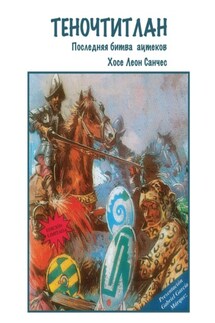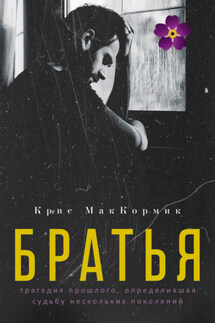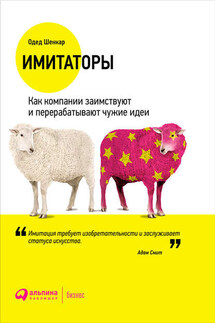The Maidens of Walsingham - страница 2
– Christine, please pray," said the pastor, who had to interrupt her prayer again. – And you, Catherine, sew up Cassie's dress. We can't get a new one right now.
Pastor Glowford knew that there was little friendship between his daughters: Kate and Cassie were always together, but Christine tried to avoid socialising with them and often left the house for long periods of time. Talks and sermons did not help, and the pastor tried to ignore his daughters' relations, immersing himself in the affairs and sorrows of his parishioners: he knew that prudent Catherine would cope with the house and Christine's character, and that Christine herself would soften after marriage, and Cassie would always be close to Catherine, who would not let anyone hurt her.
When the pastor thought of his youngest daughter, his heart was filled with love, pity and remorse: there was a time when sin had broken his faith and made him a bitter drunkard, and neither wife nor children could save him. During this black streak Mrs. Glowford became pregnant for the third time, and Cassandra was born, while the mother died of a haemorrhage after struggling to unburden herself. The pastor was left alone with three daughters, one of whom was an infant. He did not know what to do, his hands were down, but his eldest nine-year-old daughter Catherine took care of the child, replacing her mother. Christine cried for a long time and did not want to even look at Cassie, because she considered her guilty for the death of her mother, to whom Christine was very attached. Cassie's birth brought the pastor out of darkness into light: he took up his work again and worked hard and almost without rest to feed his daughters. Cassie became a sign from God that helped him out of his drunkenness, but when the little girl was five years old, the pastor noticed with despair her developmental delays: she could not walk, but could only crawl, and she spoke in separate sounds and letter combinations. From then on, the pastor fell into a religious ecstasy: he considered Cassie's illness as God's punishment for his sin, so he began to love her more than his older daughters. Cassie was his suffering and pain, a reminder of his black sin. And now Cassandra was seventeen years old, but she had the mind of a six-year-old child, and if the village lads were suitors for Catherine and Christine, none were suitors for Cassie, nor would the parson himself put his treasure in the wrong hands.
***
Christine lay embracing her knees and wept silently: her soul could not bear the poverty that surrounded her, and all the men who asked her to marry her were poor like herself. She cried that here, in this rotten place, her beauty would fade in vain, and her life would remain the life of a poor pastor's daughter. In her heart she thought, sharp as a needle, why should Cassie want such beauty, with her sick mind? She hated her poor sister for it.
Cassie, on the other hand, had no idea that they were poor, no idea how hard food and clothes were to get, no idea that she was sick. She lived the joyful life of a child and was happy just to exist. Cassie slept the sound sleep of a child, in the arms of Catherine, whom she loved as much as children love their mother.
***
In the morning the church was full of people: everyone came, even the sick and heavy-lifting old people (their sons and sons-in-law brought them in their arms). Everyone was curious to see the new Landlord of Walsingham: they even made a new pew for him and put it in the front row on the left (for this purpose they had to move the other pews closer to the exit). But the Sunday mass had already begun, and the pew was still empty: the lord was not coming, and the peasants began to lose hope of his appearance. Some of them begged the pastor to postpone the service until the Lord arrived, but the pastor refused, saying that no one had the right to keep God waiting. The service continued. A chorus of voices rose to the roof, skewed by time and the heavy snows that covered it every winter.









